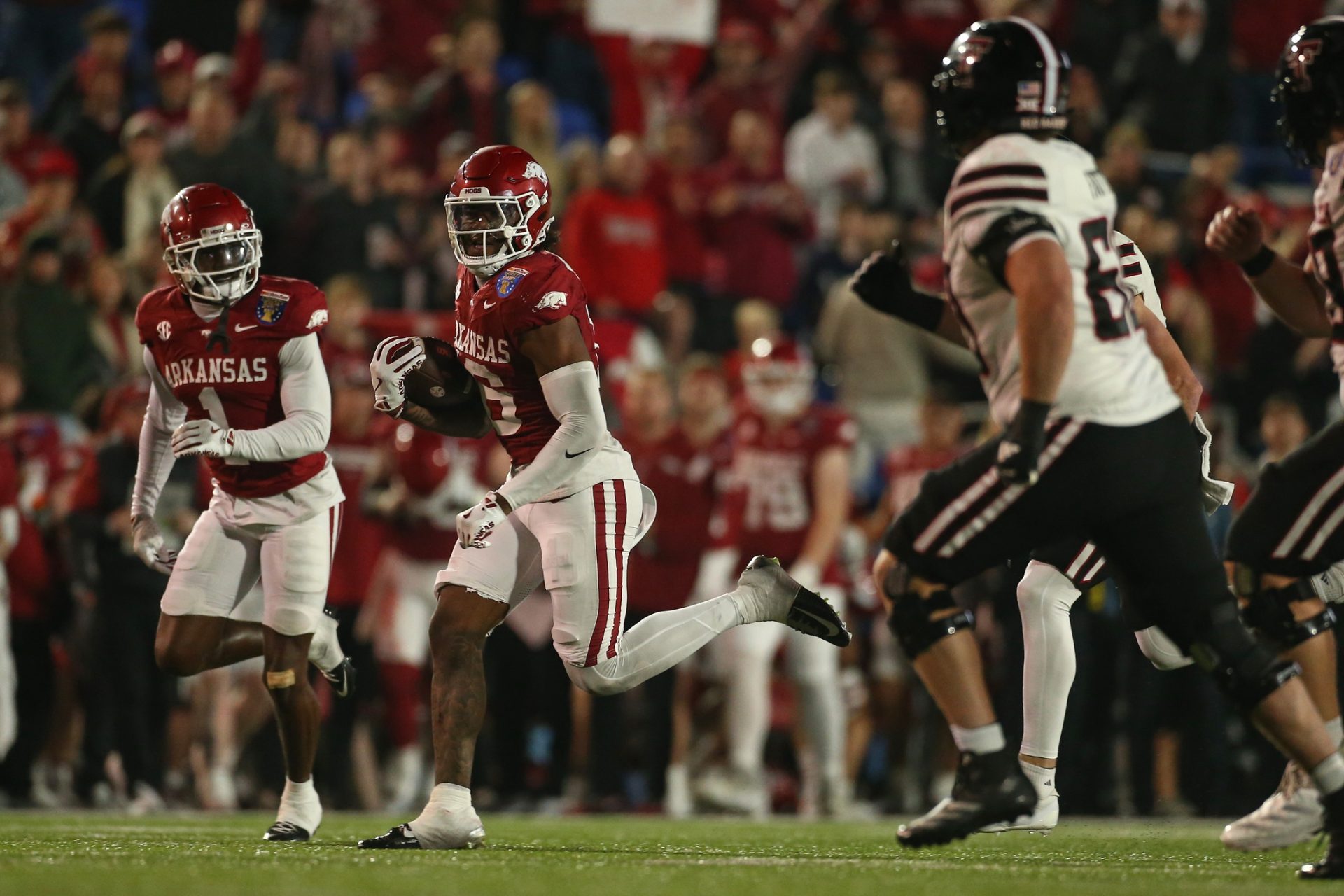Showdown in the Ozarks: How Arkansas Might Reshape College Sports' NIL Landscape

In a bold move that underscores the evolving landscape of college athletics, Arkansas' athletic director has thrown his full support behind the school's Name, Image, and Likeness (NIL) collective's aggressive approach to contract buyouts. This strategic alignment highlights the growing influence of NIL collectives in managing player contracts and team dynamics.
The athletic department's backing signals a proactive stance in leveraging NIL resources to maintain contractual integrity and provide financial flexibility for the program. By supporting the collective's efforts to enforce buyout provisions, Arkansas is demonstrating a sophisticated understanding of the modern collegiate sports ecosystem.
This approach not only reinforces the school's commitment to its athletic strategy but also sends a clear message about the serious role NIL collectives now play in collegiate athletics. The move reflects a broader trend of athletic programs adapting to the new financial and contractual realities brought about by NIL legislation.
As college sports continue to transform, Arkansas' approach represents a forward-thinking model of how athletic departments can work in tandem with NIL collectives to manage team operations and player commitments.
